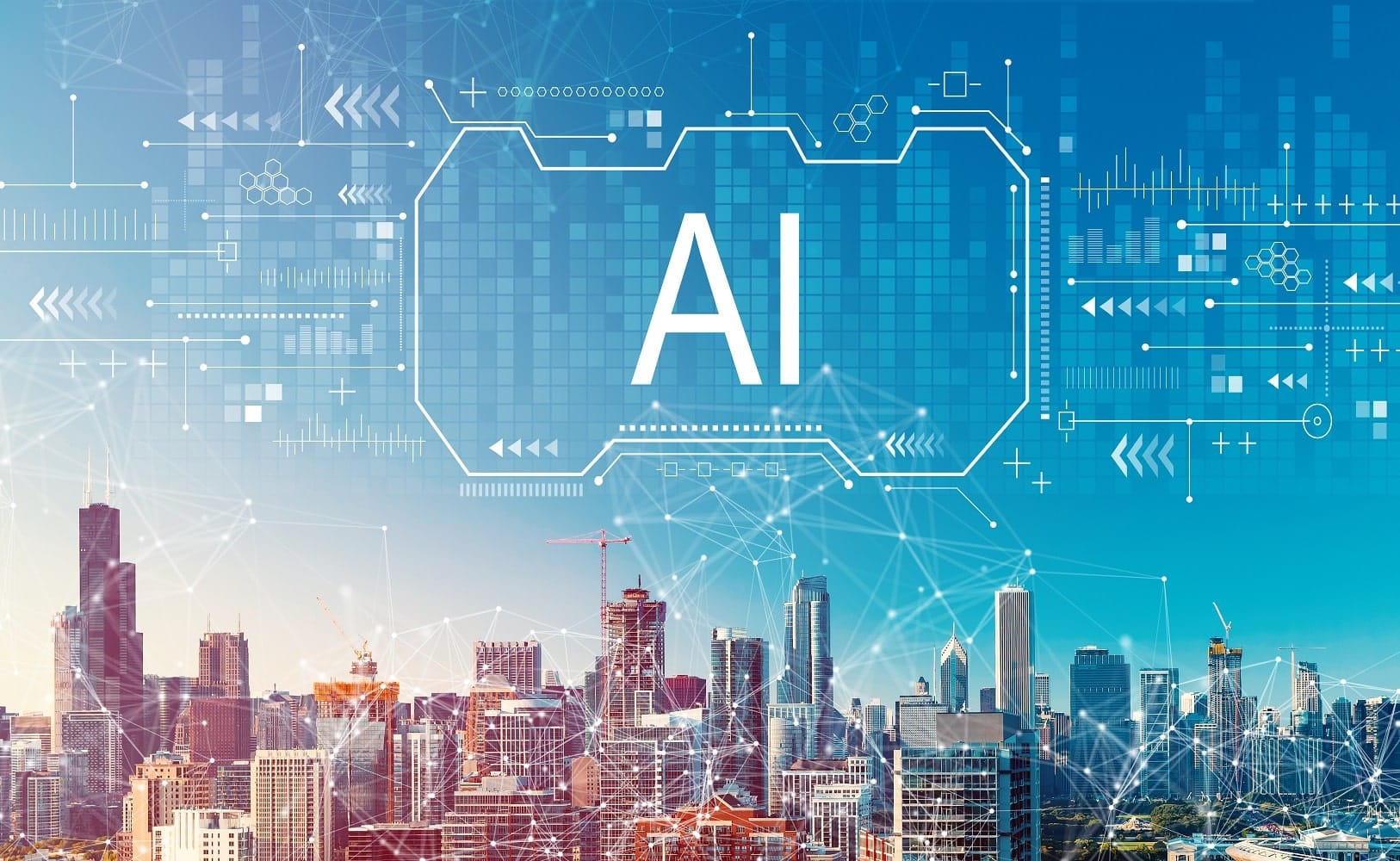Organizations with a high level of knowledge in generative artificial intelligence are more likely than others to report significant benefits in product and service development and innovation, according to the second edition of Deloitte’s advisory firm’s report, “Deloitte’s State of Generative AI in the Enterprise.” Furthermore, over half of the surveyed enterprises effectively balance rapid adoption of generative technology with mitigating potential risks.
The study, conducted among nearly 2,000 business and technology leaders worldwide, indicates that the implementation of generative AI (GenAI) in organizations is accelerating, with companies beginning to see tangible benefits from its applications. Enterprises with higher AI knowledge levels are quicker to implement new solutions (73% compared to 40% of firms with moderate knowledge). They are more likely to adopt AI across various departments and processes, invest in infrastructure, and provide tools to employees. However, only 5% of global companies reported a high level of expertise in this area, while nearly half described their knowledge as moderate.
Increased productivity and efficiency remain the most anticipated benefits of the implemented changes. Already, 27% of surveyed enterprises and 70% of the most advanced organizations in AI adoption have reported benefits in this area. Respondents plan to allocate saved funds and time to innovation development (45%), operational improvements (43%), and further scaling of AI (27%).
At the current stage of market development, organizations expect very specific benefits from the implementation of generative artificial intelligence. Most companies have conducted initial tests of GenAI usage, most commonly for summarizing long documents, customer contact histories, and assisting employees with their duties. However, it is important to remember that beyond the benefits of increased efficiency or cost reduction, the greatest long-term benefits of this technology lie in increasing companies’ innovation. An example can be even better matching products and experiences to customer preferences through hyper-personalization based on generative artificial intelligence. Such advanced applications, however, require simultaneous development of GenAI competencies in strategy, processes, employees, data, and technology areas,” says Amadeusz Andrzejewski, partner, leader of the Data & AI team in Poland, Deloitte.
Key Growth in Innovation and New Product Development
Significant benefits from using generative artificial intelligence for product and service development and in innovation have been noted by over 60% of organizations experienced in AI adoption and only about 30% in the overall group of respondents. This shows that more advanced enterprises gain benefits in many areas more effectively, while companies starting with GenAI tend to focus on increasing productivity and operational efficiency.
Over half of the respondents (60%) indicate that their organizations effectively balance rapid adoption of generative technology with mitigating potential risks. Consequently, 3 out of 4 surveyed companies notice greater trust in AI tools than in 2022. Trust issues, however, remain a challenge in the broader implementation of AI. Organizations are thus opting to introduce processes aimed at openly informing employees about the scope of AI usage (45%), ensuring the high quality of data used by algorithms (43%), and verifying the reliability of the results obtained (41%).
The process of popularizing generative artificial intelligence in many aspects proceeds similarly to the adoption of other technologies, including cloud computing. However, in the case of GenAI, factors such as trust, risk management, data quality, as well as issues related to corporate governance, intellectual property, privacy, and security require even more attention from managers. Our experiences from projects conducted in Central Europe show that nearly 30% of the work is dedicated to regulatory, legal, and compliance aspects. Ensuring appropriate governance at every stage is crucial for ensuring high-quality results and building trust in AI within the organization,” says Jan Michalski, partner and leader of Generative AI in Central and Eastern Europe, Deloitte.
Talent and AI
To achieve real value from AI applications, it is crucial to gradually increase the number of users of the new technology within the organization. Half of the entities declaring high AI knowledge provide generative artificial intelligence-based tools to nearly half of their employees. In the case of less advanced enterprises, this percentage is only 8%.
Introducing AI on a larger scale requires companies to change how they manage talent. Nearly half of the surveyed organizations (44%) plan to make modifications in this area over the next 12 months. Companies most often opt to change business processes to include generative AI support (48%), upskill and reskill teams (47%), and develop employee skills to better utilize generative tools (35%). At the same time, nearly one-third of organizations monitor employee trust and engagement levels (36%), which is intended to facilitate effective AI implementation on a larger scale.
Most organizations admit that they are still in the early stages of adapting their HR and talent strategies in connection with the implementation of generative artificial intelligence solutions. The key challenge is finding ways to increase AI adoption among employees and support them in leveraging this technology to perform their work more effectively. Companies should understand the potential impact of generative artificial intelligence on employees to manage not only AI solution implementation but also employee expectations and competencies in this area. The starting point is to create a comprehensive AI implementation strategy within the organization that addresses the topic in a holistic manner,” says Zbigniew Łobocki, senior manager in the Human Capital team, Deloitte.
About the Study
The second edition of the “Deloitte’s State of Generative AI in the Enterprise” study was conducted through a survey between January and February 2024 among 1,982 business and technology leaders from Australia, France, Germany, India, the United Kingdom, and the United States. Respondents are individuals with experience in implementing artificial intelligence and conducting pilot programs in large organizations belonging to the consumer, energy, resources and industrials, financial, technology, media and telecommunications, life sciences and health care, and government and public services sectors. The cyclical study aims to track the results of generative artificial intelligence implementation by companies and their expectations and opinions related to this process.
